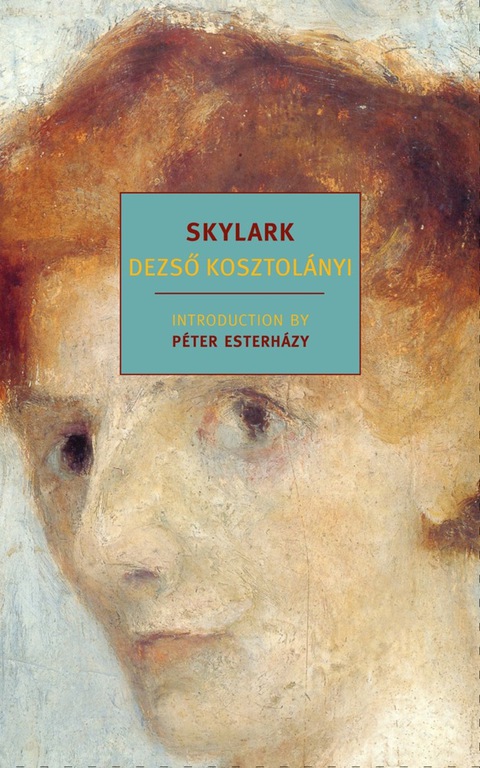
Preview Skylark
Series Copy:
"Half a continent's worth of forgotten genius."The Guardian
The new Central European Classics series was born some ten years ago in the dim cafes of Budapest and Prague when General Editor Timothy Garton Ash began jotting down titles recommended to him by local writers. Its aim is to take these works of nineteenth- and twentieth-century classic fiction "out of the ghetto," onto the shelves of Western booksellers, and into the consciousness of Western readers.
The result of extensive discussion among writers, scholars, and critics, the rich tradition of Central European fiction has been culled to offer previously unavailable works written in Czech, Hungarian, and Polish that lend themselves perfectly to powerful and accurate translation. Specially commissioned introductions by leading Central European writers explain why these titles have become classics in their own country, while at the same time, the works stand on their own as great literature in English. With future titles such as a new edition of Boleslaw Prus's Polish masterpiece, The Doll, the Central European Classics series will contribute to a deeper understanding of the culture and history of countries which, since the opening of iron curtain, have been coming closer to us in many other ways.
An acknowledged masterpiece of twentieth-century Hungarian fiction, Dezso Kosztolanyi's Skylark is a portrait of provincial life in the Austro-Hungarian monarchy at the turn of the century. Set in autumn of 1899, it focuses on one extraordinary week in the otherwise uneventful lives of an elderly Hungarian couple. Their ugly spinster daughter, nicknamed Skylark, las left them for and unprecedented holiday with relatives in the country. At first the couple, whose entire existence revolves around their daughter, are devastated by her absence. Slowly, however, they rediscover the delights and diversions of small-town society life, finally reaching the shocking conclusion that their daughter is a burden to them.
In this beautifully written taleintroduced by one of Hungary's most exciting contemporary novelistsKosztolanyi turns family sentiment on its head with an irony that is as telling now as it was nearly seventy years ago.
